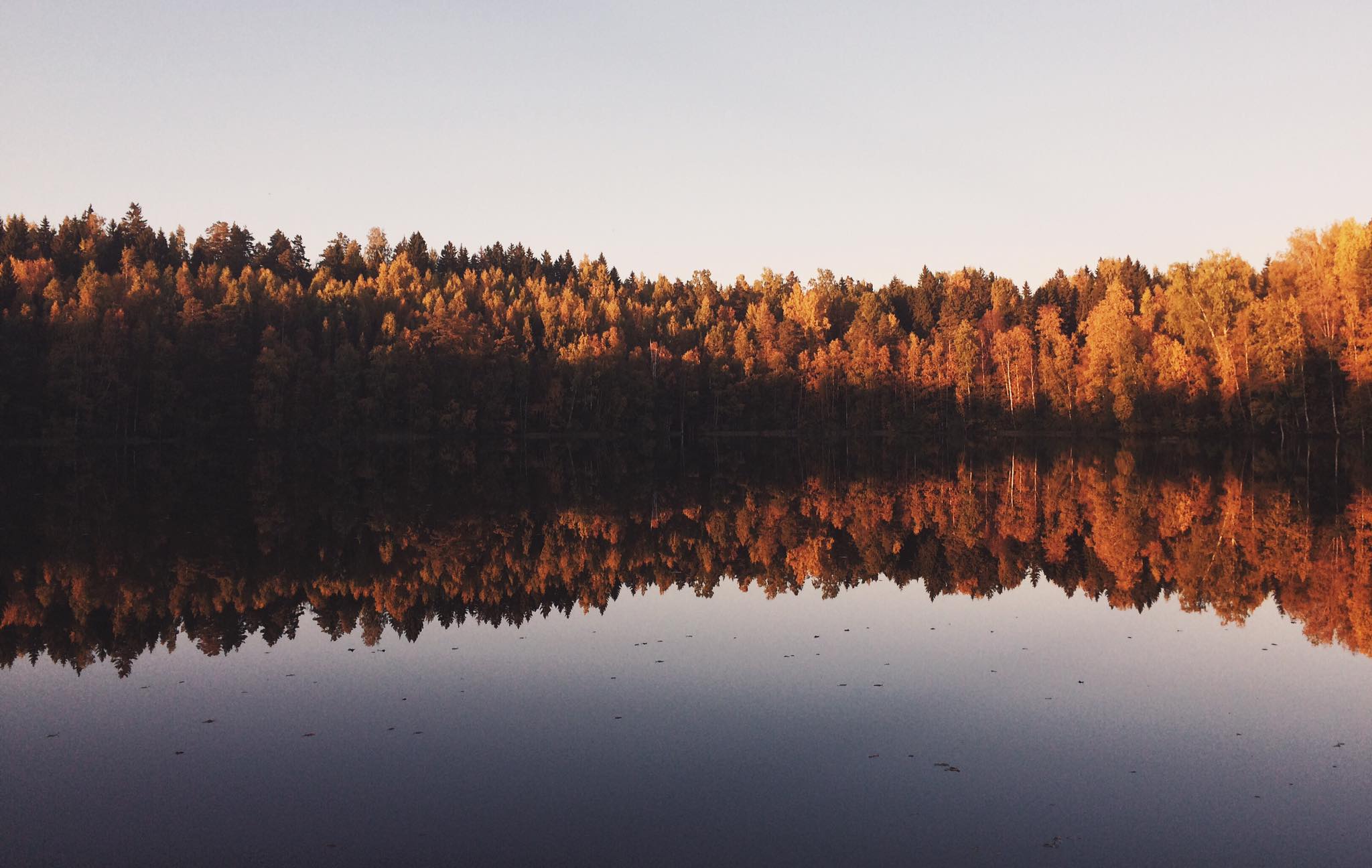Vocabulary
This sessions was about basic vocabulary. There was a short overview of simple words in every category. Dutch is close to German, English and Swedish, they belong to the same family. I made a selection of words that can be recognised if you have some knowledge of these languages.
| Persoonlijke voornaamwoorden | Personal pronouns |
| Ik | I |
| Jij | You |
| Hij, zij, het, u | He, she, it, you (formal) |
| Wij, we | We |
| Jullie | You (pl) |
| Zij, ze | They |
| Zelfstandige naamwoorden | nouns |
| Het boek | Book |
| De pen | Pen |
| De bloem | Flower |
| De stoel | Chair |
| De auto | Car |
| De tafel | Table |
| De fiets | Bike |
| De melk | Milk |
| Dagen van de week | Days of the week |
| maandag | Monday |
| dinsdag | Tuesday |
| Woensdag | Wednesday |
| Donderdag | Thursday |
| Vrijdag | Friday |
| Zaterdag | Saturday |
| zondag | Sunday |
| This is a popular lullaby that teaches children count till four. | |
| Één, twee, drie, vier
Hoedje van, hoedje van Één, twee, drie, vier Hoedje van papier!
|
One, two, three, four
A hat made of, a hat made of One, two, three, four A hat made of paper |
Belgian habits
Three kisses rule
For a birthday, on New year and other holidays that are celebrated, you give each other three kisses, but it also depends on your gender.
Woman – woman -> three kisses
Woman – man -> three kisses
Man – man -> handshake
If you meet on a normal day it’s enough to give one kiss or none, it depends on your relation with that person. In Wallonia people give only 2 kisses, but even men kiss each other.
Another strange habit
Most of the Belgian families have one day a week that they eat fries and this day is fixed. In our family, it’s on Sunday. I remember in primary school it was on Thursday!


Comments